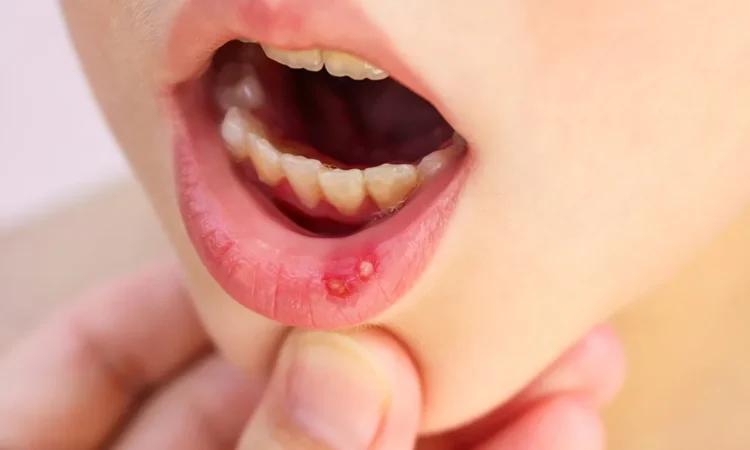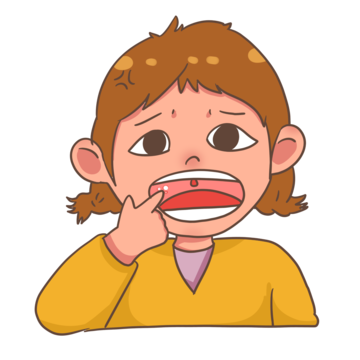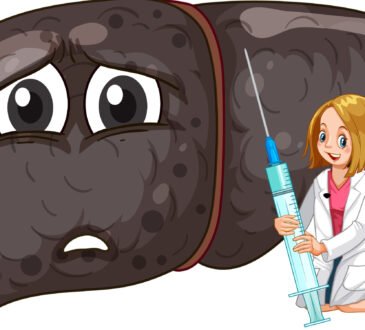
Here are some of the best remedies for treating mouth ulcers:
- Topical Antiseptic Gels or Pastes: Over-the-counter topical treatments containing ingredients like benzocaine, choline salicylate, or hydrocortisone can provide pain relief and promote healing.
- Salt Water Rinse: Rinsing your mouth with a warm saltwater solution (1 teaspoon of salt dissolved in 1 cup of warm water) multiple times a day can help reduce inflammation and promote healing.
- Ice Chips or Cold Compress: Sucking on ice chips or applying a cold compress to the affected area can help numb the pain and reduce inflammation.
- Avoiding Irritants: Avoiding spicy, acidic, or rough-textured foods, as well as chewing gum and tobacco products, can prevent further irritation of the ulcers.
- Maintaining Oral Hygiene: Gently brushing your teeth and using an alcohol-free mouthwash can help keep your mouth clean and prevent infection.
- Over-the-Counter Pain Relievers: Taking over-the-counter pain relievers such as ibuprofen or acetaminophen can help alleviate discomfort.
- Stress Management: Practicing relaxation techniques such as deep breathing, meditation, or yoga can help reduce stress levels, which may exacerbate mouth ulcers.
- Dietary Supplements: Some studies suggest that supplements like vitamin B12, iron, and zinc may help speed up the healing process of mouth ulcers. Consult your doctor before taking any supplements.
- Avoiding Trauma: Being careful while eating or brushing your teeth to avoid further trauma to the ulcers can promote healing.
- Stay Hydrated: Drinking plenty of water can keep your mouth moist and prevent dehydration, which may worsen mouth ulcers.
- Seeing a Doctor: If mouth ulcers persist for more than two weeks, are recurrent, or are accompanied by other symptoms such as fever, rash, or difficulty swallowing, consult your doctor or dentist for further evaluation and treatment.
These remedies can help alleviate pain and promote healing of mouth ulcers. However, if your mouth ulcers are severe or recurrent, it’s essential to seek medical advice for proper diagnosis and treatment.

Here are some herbs and medications that can help treat mouth ulcers:
Herbs:
- Licorice Root (Glycyrrhiza glabra): Licorice root has anti-inflammatory and soothing properties. Applying licorice root paste or gel topically to the ulcers can help reduce inflammation and promote healing.
- Aloe Vera: Aloe vera gel has soothing and healing properties. Applying fresh aloe vera gel directly to the ulcers can help relieve pain and accelerate healing.
- Chamomile (Matricaria chamomilla): Chamomile has anti-inflammatory and antimicrobial properties. Rinsing your mouth with chamomile tea or applying chamomile extract topically may help reduce inflammation and promote healing.
- Myrrh (Commiphora myrrha): Myrrh has antimicrobial and astringent properties. Rinsing your mouth with a myrrh tincture diluted in water may help reduce pain and inflammation associated with mouth ulcers.
Medications:
- Topical Analgesics: Over-the-counter topical treatments containing benzocaine, lidocaine, or xylocaine can provide temporary pain relief by numbing the affected area.
- Corticosteroids: Topical corticosteroid gels or mouthwashes containing hydrocortisone or dexamethasone can help reduce inflammation and promote healing of mouth ulcers.
- Oral Analgesics: Over-the-counter pain relievers such as ibuprofen (Advil, Motrin) or acetaminophen (Tylenol) can help alleviate pain associated with mouth ulcers.
- Antiseptic Mouthwashes: Mouthwashes containing antiseptic agents such as chlorhexidine or hydrogen peroxide can help reduce bacterial growth and prevent infection of mouth ulcers.
- Oral Corticosteroids: In severe cases or for recurrent mouth ulcers, oral corticosteroids such as prednisone may be prescribed by a doctor to reduce inflammation and promote healing.
Before using any herbs or medications for mouth ulcers, it’s essential to consult with a healthcare professional, especially if you have underlying medical conditions or are taking other medications. They can provide personalized recommendations based on your individual health needs and circumstances. Additionally, always follow the recommended dosage and usage instructions provided by your healthcare provider or on the product label.




